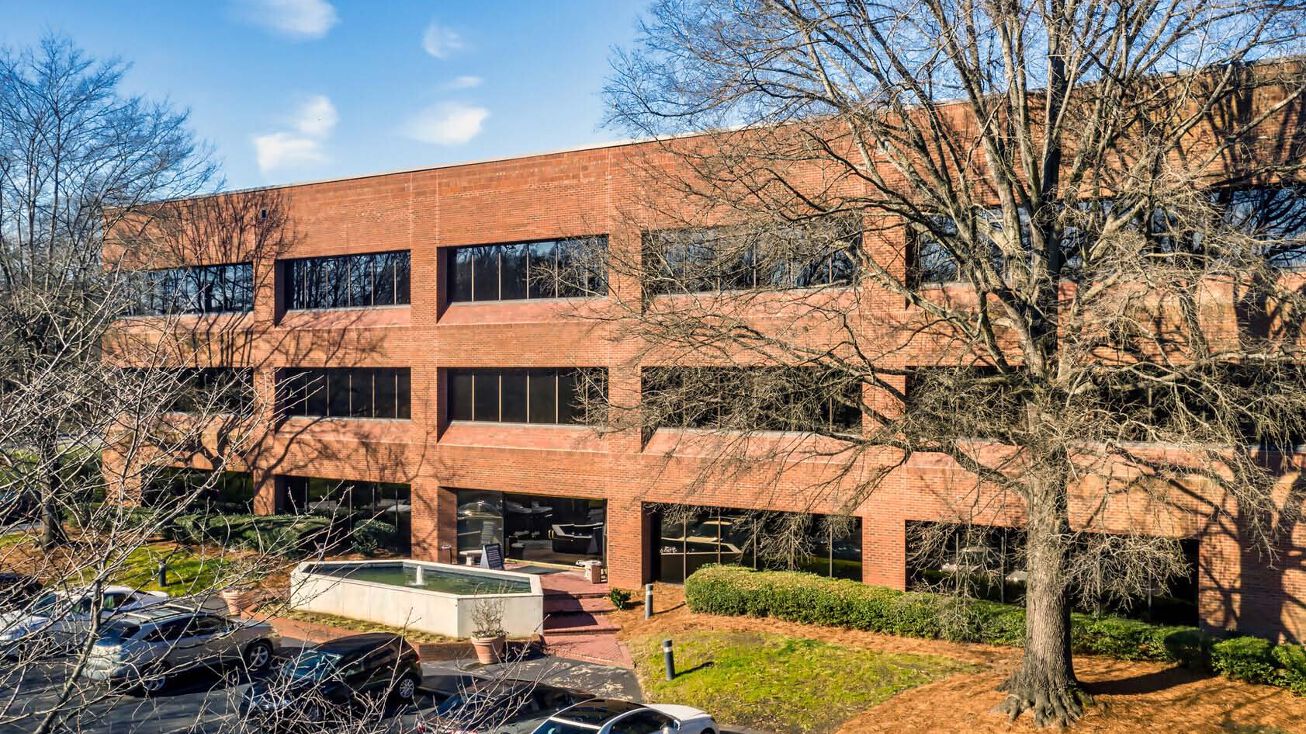This article ran in Captive Review, January, 2024
Here is a PDF copy of the article.
Three captive owners join Sandra Fenters of manager Capterra to share how captives have benefited their businesses.
In the face of ever-rising insurance premiums in the traditional market, more firms in the construction industry are turning to captive solutions.
In at least three cases, Applied Construction Solutions (ACS), Franjo Construction, and the Massaro Construction Group, it has led to positive outcomes that have protected the businesses from sizable losses or generated a welcome new source of income.
All three partner with Capterra Risk Solutions, an alternative risk insurance consultant and licensed

captain manager, which works with many construction firms, as well as clients across many other industries.
Sandra Fenters is Capterra’s founder and president, and she points to the fact that the construction field is an industry class that has historically been rated by the traditional market as “highly risky” as to why many firms with lower claims look at captives.
“Firms in every industry deal with risk. Yet exposure to hazards is particularly significant to companies in the construction industry,“ Fenters says. “In many cases, the safer companies pay more to cover the risky, likely unsafe acts and resulting claims of the riskier companies.“
ACS Case Study
Andria Alvarez Wymer, Director of strategic initiatives and planning at ACS, is one who was frustrated with the increasing premiums for her construction firm’s healthcare programme.
The rates from its traditional, fully insured model continued to rise every year. The company, a general construction and transportation based in West Virginia, sensed that its claims were not high, but it had no visibility into the claims data.
As a result, the firm found itself chasing annually lower rates by seeking competing programmes from insurance carriers, with few benefits of moderating the accelerating rate increases.
These rising rates with no claim-driven explanation caused Alvarez Wymer to look to alternatives to better insure the health of her employees.
After research, ACS moved in 2022 to a self-insured group medical benefits captive that gave Wymer and her team visibility to claims, group, purchasing benefits, and the ability to share in insurance carrier profits through the size of the group.
“We now have nearly 2 years under our belt,” says Alvarez Wymer. “We are starting to see some big cost savings.”
High risk industry
Fenters highlights there are some obvious risks and exposures at a construction site to consider which explains why this industry is thought of as high risk.
These include the active use of equipment and tools; the moving of a large amount of raw materials and heavy building supplies; strenuous work by team members such as climbing and lifting; and extraordinary weather events causing business interruption.
In addition, it is very common for construction firms to engage external teams, such as suppliers, contractors, or subcontractors, who bring with them their own set of processes and risk.
“It does not take an actuary to spot the mini challenges of managing risk construction business,” Fenters says. “Consequently, many insurers will charge extra to cover for the perceived risk of the construction firms.”
Warranty
As well as site employee risk, construction firms need to warranty their projects
Joe Leonello, Jr, president of Franjo Construction, a general commercial contractor which employs 300 employees, says contractors make mistakes, and as a result, construction firms deal with the big issue of workmanship claims.
“Our firms need to take financial responsibility for these issues when they arise, says Leonello. “These uninsured claims – sometimes in the future – cause project profits to fade.”
Franjo started a single parent captive six years ago to manage such risks. He cites an example where a hotel that his firm built had an issue with panels blowing off the building several years after completion. Franjo remedied the situation. The captive covered the repair cost of $70,000.
“We would’ve taken it on the chin without the captive,” Leonello adds.
Leonello says the captive programme enables his firm to benefit from a better understanding of risks in general and the workmanship issue in particular.
“We gain risk management awareness,” he says. “We identify issues to reduce their likelihood of reoccurring. We can also price them clearly in future proposals – reducing the chances of a profit fade.”
Hard market
Fenters says that Alvarez Wymer’s and Leonello’s experiences of looking for ways to better understand claims, reduce expenses and mitigate risk are common among construction companies.
She says that the main use of captives and other alternative risk finance mechanisms by contractors began to increase with the admin of the hard insurance market cycle in the early 2000s.
The hard market with rising premiums, reductions and capacity, and tighter restrictions in coverage has continued, she adds.
To illustrate this she points to Marsh’s quarter 3, 2023 Global Insurance Market Index showing the composite pricing rising for the 24th consecutive quarter – the longest run of increases since the inception of the index in 2022.
Captive options
Most construction firms will either join a group captive or set up their own single parent captive, according to Fenters.
The Massaro Construction Group, a Pittsburgh-based general contractor, was looking in 2009 to boost its buying power on its nearly $1 million expenditure of annual commercial insurance premiums.
Its search led them to join a group captive which places $150 million annually in coverage, enabling its 120 group members to secure lower premiums and broader coverage.
David Massaro, president of Massaro Properties, also appreciates the equity members build up over time as a member in the captive.
As the captive closes out prior years of claims and risk, members are eligible for distributions based upon their equity in the captive.
“We’ve had distributions for 13 to 14 years of membership,” says Massaro.
Leonello says his firm seeks to join a group captive as well as to better cover more of their traditional policies.
Additional captives
After joining the medical benefits group captive, Alvarez Wymer and her team considered ways other ways to mitigate company risk.
The firm expanded into a single parent captive to cover risks around business interruption, cyber attacks, excess pollution/environmental liability, violence, property, and crime/theft losses.
“In the first year of our single parent captive, we were able to receive reimbursement for a claim related to employee theft related to fraudulent invoices,” she says. “Without the captive plan, ACS would have faced that loss.”
In addition, ACS also is a member of a second group captive that covers statutory traditional coverage, such as workers compensation, general liability, and auto coverages.
Fenters says that the positive experiences of these three captive owners illustrate the increasingly important role captive insurance plays for mitigation of construction industry, as an alternative to commercial insurance.”
“Construction’s inherent risks, any of which are not adequately covered by commercial policies, have led many principles to create single parent captives or to join group captives,” she adds.
This article ran in Captive Review, January, 2024 (paid subscription required to view article on Captive Review)






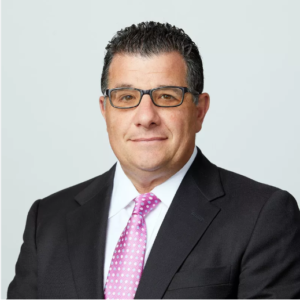



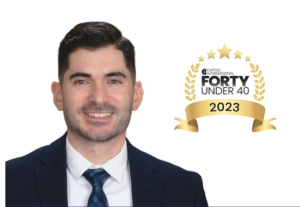
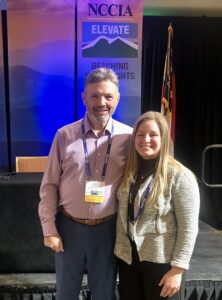

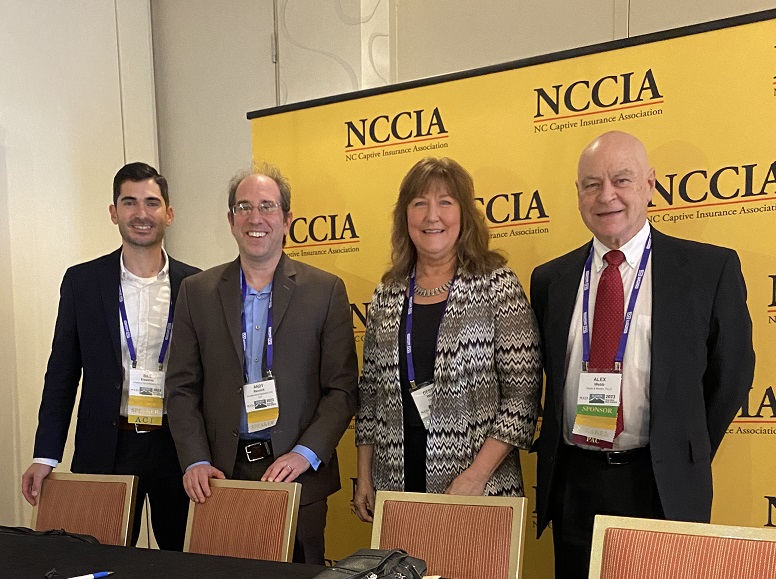 The panel also included Bill Eleamos, Alex Webb, Managing Partner of Webb & Morton, PLLC, Debbie Walker, Consultant, and Andrew Rennick, Partner at Womble Bond Dickinson (US) LLP.
The panel also included Bill Eleamos, Alex Webb, Managing Partner of Webb & Morton, PLLC, Debbie Walker, Consultant, and Andrew Rennick, Partner at Womble Bond Dickinson (US) LLP. “Bill has contributed much to the recent growth of the firm with his strong fiscal skills and outstanding organization. He is embracing a larger leadership role with serving our clients and managing our partner resources.”
“Bill has contributed much to the recent growth of the firm with his strong fiscal skills and outstanding organization. He is embracing a larger leadership role with serving our clients and managing our partner resources.”